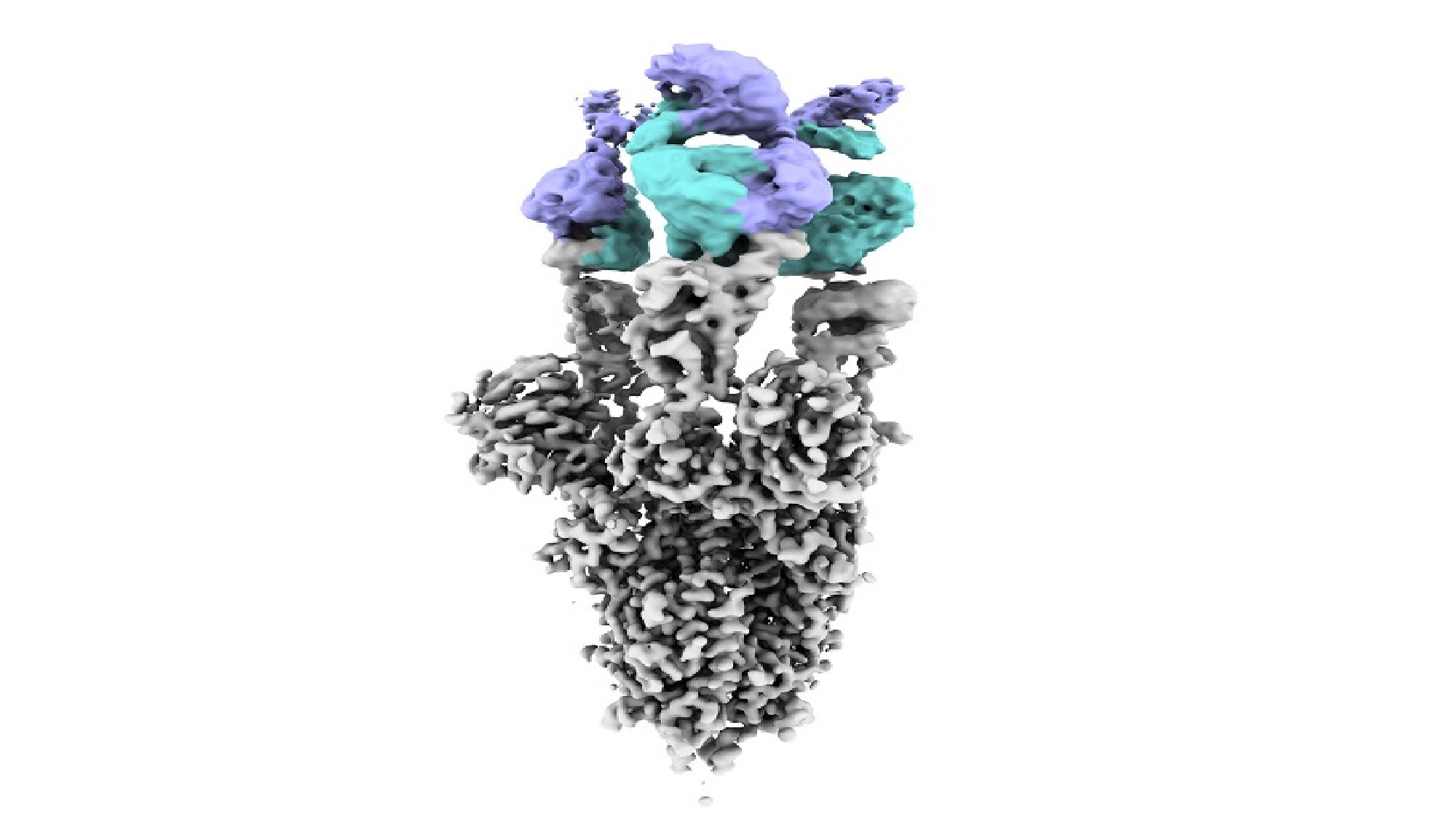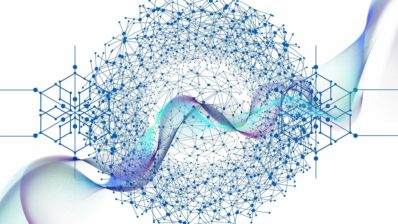A multidisciplinary research team has made significant progress in the fight against SARS-CoV-2. They have developed a new monoclonal antibody called 17T2, capable of neutralizing all known variants of the virus, including the most recent omicron subvariants.
This achievement, led by Dr. Giuliana Magri, is the result of collaboration between the Hospital del Mar Research Institute, the IrsiCaixa AIDS Research Institute, the National Biotechnology Center (CNB-CSIC) and the Protein Technologies Unit from the Centre for Genomic Regulation (CRG), among others.
The 17T2 antibody was isolated from blood samples of an infected patient during the first wave of the pandemic in 2020, and was subsequently reproduced in the laboratory using genetic engineering techniques. In vitro tests demonstrated its ability to effectively neutralize the virus. In addition to its therapeutic efficacy, the study also confirmed the prophylactic capacity of the antibody in preclinical models, showing a significant reduction in lung lesions and viral load. Thus, this antibody could be a promising candidate for both the treatment and prevention of COVID-19.
Although clinical trials in humans are still required before its widespread application, there is already an active European patent associated with this project. The new antibody offers hope to protect vulnerable populations and change the paradigm in the management of SARS-CoV-2 infection.
de Campos-Mata, L., Trinité, B., Modrego, A. et al. A monoclonal antibody targeting a large surface of the receptor binding motif shows pan-neutralizing SARS-CoV-2 activity. Nat Commun 15, 1051 (2024). https://doi.org/10.1038/s41467-024-45171-9






